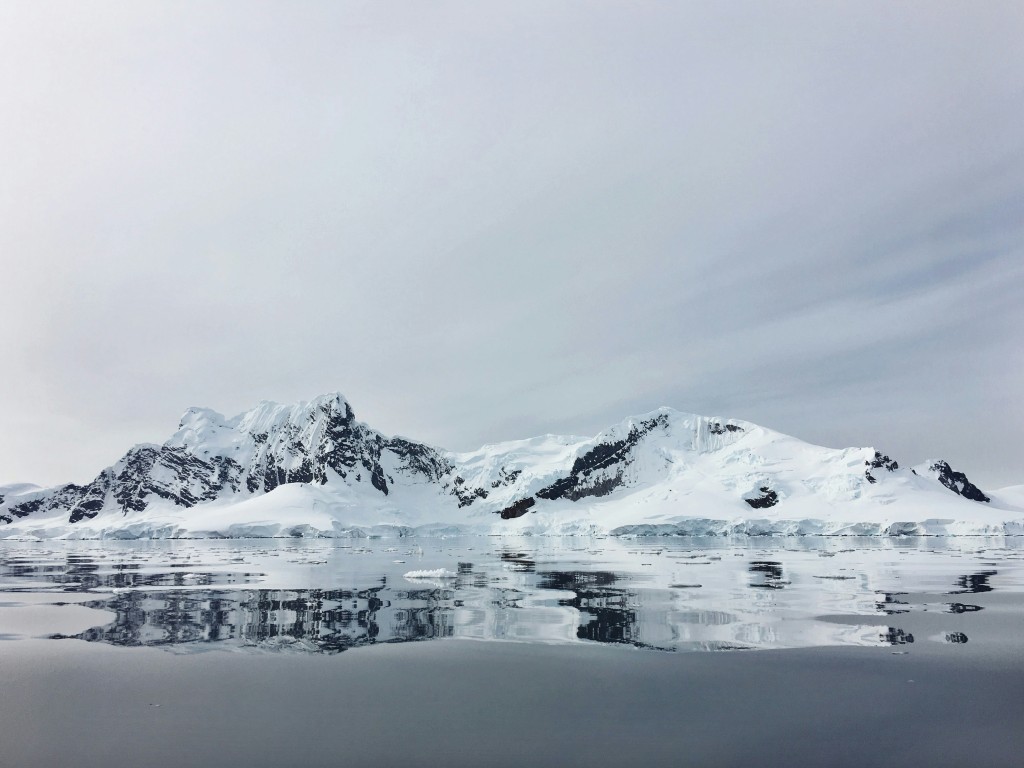Quick Facts
- Polar Knowledge Canada (POLAR) is a federal agency that was established in 2015 under the Canadian High Arctic Research Station Act to undertake and support locally relevant and globally significant polar knowledge creation.
- POLAR operates the Canadian High Arctic Research Station (CHARS) in Cambridge Bay, Nunavut. The laboratories at CHARS are used by both POLAR staff and visiting researchers to advance polar science and technologies.
- Program documentation developed for POLAR required consideration of the remoteness of the CHARS campus and the unique work being undertaken there.

Project Description
Polar Knowledge Canada (POLAR) is a federal agency that is responsible for advancing Canada’s knowledge of the Arctic, strengthening Canadian leadership in polar science and technology, and promoting knowledge related to polar regions. POLAR performs and funds polar research work and operates the Canadian High Arctic Research Station (CHARS) campus in Cambridge Bay, Nunavut.
Bronson provided support to POLAR to ensure the Agency meets the environmental and health and safety requirements associated with the management of their facilities. Specifically, Bronson developed the following guidance documents related to the CHARS campus and related laboratories: the CHARS Laboratory Health and Safety Master Manual, the CHARS Hazardous Materials Management Procedure, and the CHARS Spill Response Procedure.
Bronson also developed the CHARS Laboratories Inspection Procedure along with monthly and annual CHARS Laboratory Inspection Checklist and Report templates to provide guidance and structure for the performance of both annual and monthly health and safety-related inspections of CHARS laboratories and associated facilities. Lastly, Bronson developed Safe Work Procedures (SWPs) to provide instruction on the safe operation of specific CHARS laboratory equipment for the benefit of both POLAR employees and visiting researchers who are required to use such equipment in the course of their duties.
Business Challenge
POLAR required support in the development of various health and safety program documentation including procedures, processes, guidance, and tools associated with activities performed at the CHARS campus.
Our Solution and Outcome
Bronson worked collaboratively and in close and frequent contact with POLAR laboratory staff to confirm priority tasks, to obtain regular feedback and to develop documentation in an iterative manner. To develop guidance documents, Bronson compiled up-to-date information on legislation, guidelines and procedures related to laboratory health and safety and environmental requirements, including the Canada Labour Code; the Canadian Occupational Health and Safety Regulations; and other federal and territorial environmental legislation. In addition, Bronson sought examples of guidance documents from other federal laboratories to develop the guidance documents required to operate the CHARS campus safely and effectively.
To develop the Laboratories Inspection Procedure and related inspection and report templates, Bronson ensured that inspection scope aligns with the requirements of the CHARS Laboratory Health and Safety Master Manual, the CHARS Hazardous Materials Management Procedure and the CHARS Spill Response Procedure. Bronson also worked closely with CHARS laboratory staff to categorize inspection items for purposes of inspection frequency and to develop an inspection checklist template and report that is user-friendly, efficient and ensures hazards are identified, recorded, and addressed.
To develop SWPs, Bronson reviewed all relevant background information about the specific equipment that was the focus of the SWP, reviewed SWPs from other federal laboratories with the same equipment and reviewed other existing SWPs within POLAR. Bronson developed the SWP through an iterative process regularly seeking input and clarification from CHARS laboratory staff to ensure the SWP was tailored to CHARS requirements.





